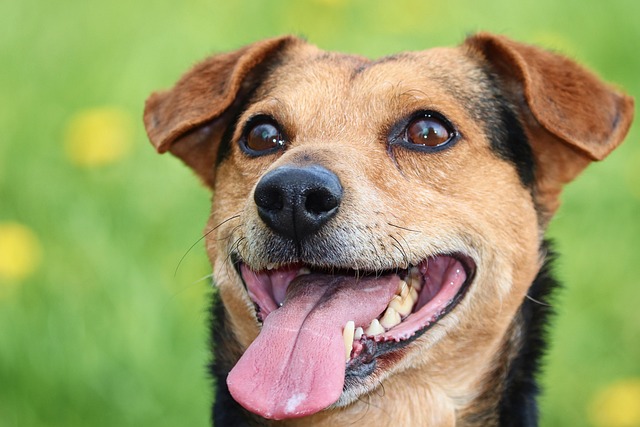
How do you treat itchy skin on dogs
When we see the dog scratching its skin with its paws frequently, rubbing on the ground constantly, and even scratching the skin until it bleeds,
Dogs, these lively and adorable creatures, are always full of curiosity about the outdoor world. Whether it's a sunny day or a bitterly cold moment, they long to frolic freely outdoors. However, when the weather is cold, owners always worry: can dogs catch a cold from staying outside in the cold? The answer is yes. Dogs can indeed catch a cold due to the cold outdoor environment, and there are many complex factors behind this.
The physical structure of dogs determines that their ability to resist the cold varies. Short-haired dog breeds, such as Chihuahuas and Miniature Pinschers, have short and thin fur, which cannot provide enough warmth and protection for their bodies like the fur of long-haired dogs. In the cold outdoors, the cold wind can easily penetrate their fur and directly attack their skin, causing the body heat to dissipate rapidly. And small dogs, due to their small size, have relatively less fat reserve, making it more difficult for them to maintain their body temperature in a cold environment. In contrast, some large dogs, such as Alaskan Malamutes and Siberian Huskies, have thick double-layered fur and more fat reserves. They are naturally more adapted to cold climates, and the risk of catching a cold in the cold outdoors is relatively low. But this doesn't mean they won't catch a cold.
The cold temperature is one of the main factors that can cause dogs to catch a cold. When a dog stays in a low-temperature environment for a long time, in order to maintain its core body temperature, its body will continuously consume energy to generate heat. If it is continuously exposed to the cold and the body's energy reserves are gradually depleted, the body temperature will drop, and the immune system will be suppressed as a result. At this time, the mucous membranes of the dog's respiratory tract become fragile, and pathogens such as bacteria and viruses that originally exist in the environment will have an opportunity to invade, easily causing respiratory tract infections, which is what we commonly call a cold. Just imagine a dog shivering in the snowy and icy outdoors. Its body is struggling to fight against the cold, but the decrease in immunity allows the cold virus to quietly invade. What a heart-breaking scene it is.
A humid environment can also greatly increase the probability of dogs catching a cold in the cold outdoors. When a dog plays in the snow or on a wet grassland, its fur is easily wet. The wet and cold fur not only fails to provide warmth but also accelerates the dissipation of body heat, causing the dog's body temperature to drop rapidly. Moreover, a humid environment is conducive to the breeding and spread of bacteria and viruses. For example, in a wet doghouse or a damp corner outdoors, bacteria and viruses can multiply in large numbers. Once a dog comes into contact with these pathogens, coupled with the decrease in immunity caused by the cold, it is highly likely to catch a cold.
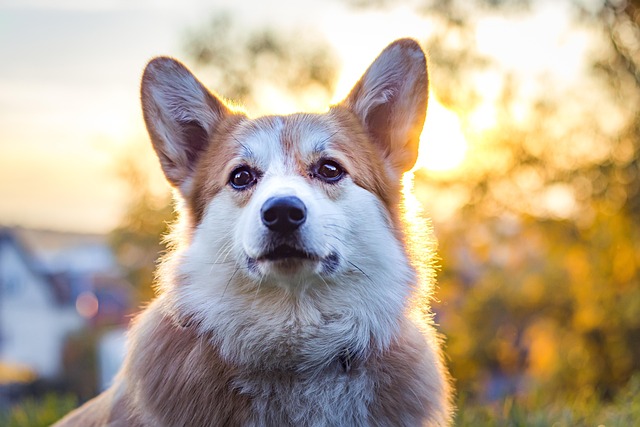 In addition to environmental factors, the dog's own health condition also affects the risk of catching a cold in the cold outdoors. A dog that is originally malnourished and prone to illness has a relatively fragile immune system. In a cold outdoor environment, its body has more difficulty in coping with the dual challenges of the cold and pathogens, and it is more likely to catch a cold. For example, a dog that has been eating nutritionally unbalanced dog food for a long time may lack essential nutrients for the immune system, such as vitamin C and vitamin E, resulting in insufficient body resistance. In addition, puppies and senior dogs are more likely to catch a cold in the cold outdoors than adult dogs because their immune systems are either not fully developed or are declining in function. The immune system of puppies is still in the process of being gradually established and cannot effectively deal with the invasion of external pathogens like that of adult dogs. And as senior dogs' physical functions decline, their immunity also gradually decreases, and their resistance to the cold and diseases is much weaker than before.
In addition to environmental factors, the dog's own health condition also affects the risk of catching a cold in the cold outdoors. A dog that is originally malnourished and prone to illness has a relatively fragile immune system. In a cold outdoor environment, its body has more difficulty in coping with the dual challenges of the cold and pathogens, and it is more likely to catch a cold. For example, a dog that has been eating nutritionally unbalanced dog food for a long time may lack essential nutrients for the immune system, such as vitamin C and vitamin E, resulting in insufficient body resistance. In addition, puppies and senior dogs are more likely to catch a cold in the cold outdoors than adult dogs because their immune systems are either not fully developed or are declining in function. The immune system of puppies is still in the process of being gradually established and cannot effectively deal with the invasion of external pathogens like that of adult dogs. And as senior dogs' physical functions decline, their immunity also gradually decreases, and their resistance to the cold and diseases is much weaker than before.
When a dog catches a cold due to being outside in the cold, it will show a series of obvious symptoms. The most common one is coughing. They may cough frequently with a dry cough, and the sound reveals their discomfort. Running nose is also a typical symptom of a cold. At first, it may be a clear, watery nasal discharge, and as the illness progresses, the nasal discharge may become thick. The dog's mental state will also deteriorate significantly. The originally lively and active dog becomes listless, loses interest in its favorite toys and games, and always lies quietly in a corner. Its appetite will also be affected. It may have a poor appetite or even completely refuse to eat. Some dogs may also have a fever, with their body temperature rising and their bodies feeling hot to the touch.
As dog owners, we care deeply about their health and naturally want to take effective measures to prevent dogs from catching a cold in the cold outdoors. When taking a dog out in cold weather, choose suitable warm clothing for it according to its size and fur condition. For short-haired dogs and small dogs, a thick down jacket or a sweater can effectively block the cold wind and keep their bodies warm. At the same time, control the dog's staying time outdoors and avoid exposing it to the cold environment for a long time. Especially on extremely cold days, try to reduce outdoor activities. If going out is necessary, choose a sunny and relatively warm time period. After coming home, dry the dog's feet and body with a dry towel in time. Especially when the fur is wet, use a hair dryer to dry the fur thoroughly to prevent the dog from catching a cold due to the wet and cold conditions.
It is also crucial to keep the dog's living environment warm and dry. Prepare a warm and comfortable doghouse for the dog, and lay soft cushions and blankets inside so that it has a warm little nest to rest in. Regularly clean the doghouse to keep the environment clean and hygienic and reduce the breeding of bacteria and viruses. In the cold season, appropriately increase the indoor temperature and use heating equipment, but pay attention to maintaining air circulation to avoid the breeding of bacteria due to poor air circulation.
A reasonable diet and sufficient exercise are also the keys to enhancing the dog's immunity and preventing colds. Provide the dog with nutritionally balanced food to ensure that it intakes enough nutrients such as protein, vitamins, and minerals. You can appropriately supplement the dog with some nutritional supplements, such as pet-specific nutritional products rich in vitamin C, which can help enhance immunity. At the same time, ensure that the dog has an appropriate amount of exercise every day. Exercise can promote blood circulation, enhance cardiopulmonary function, and improve the body's resistance. But pay attention to the exercise intensity and duration, and avoid excessive exercise in cold weather that may cause the dog to be fatigued.
Dogs bring endless joy and warmth to our lives with their loyalty and love. When the cold outdoors threatens their health, we should use our full care and professional knowledge to build a solid defense line for them, keep them away from the trouble of colds, and let them accompany us through every wonderful day in good health and happiness.

When we see the dog scratching its skin with its paws frequently, rubbing on the ground constantly, and even scratching the skin until it bleeds,
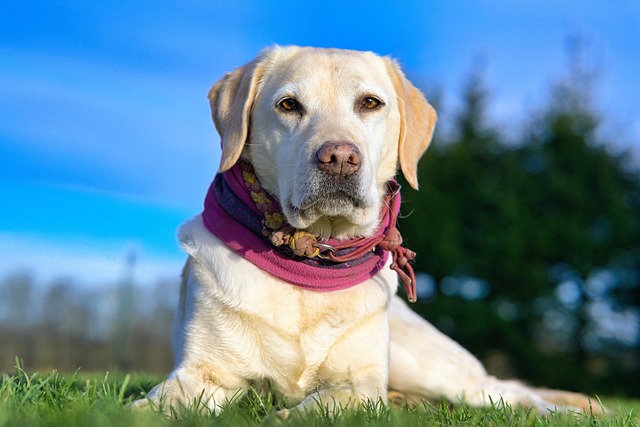
During the days spent with Rottweilers, their strong and sturdy bodies and loyal gazes always bring a great sense of security to their owners.
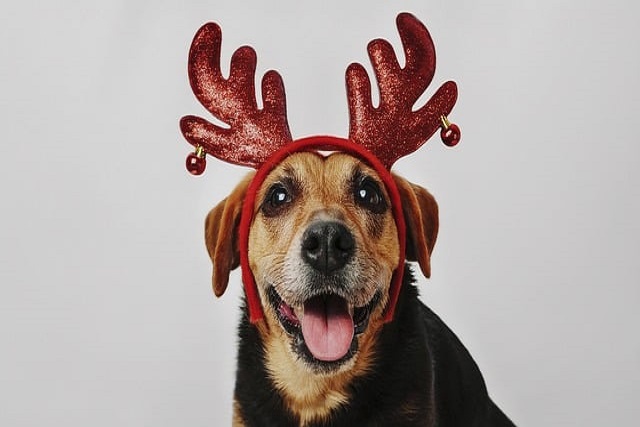
When we carefully select dog food for our dogs, full of the hope that they will eat healthily and thrive, we may not realize that certain ingredients
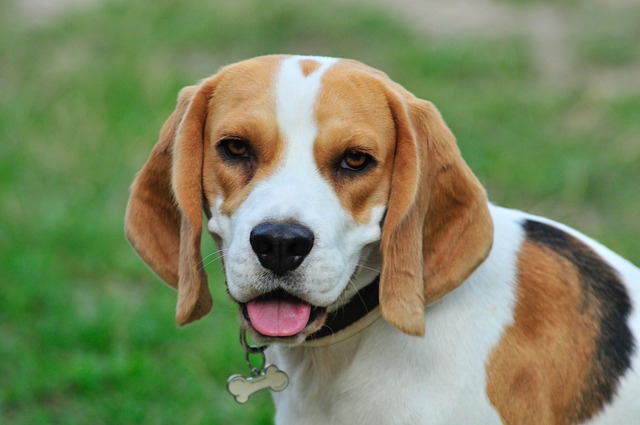
Dog shedding is a familiar and troublesome daily scene for many pet owners. When faced with dog hair flying around, many owners wonder: "Is it normal for my dog to shed so much hair?"
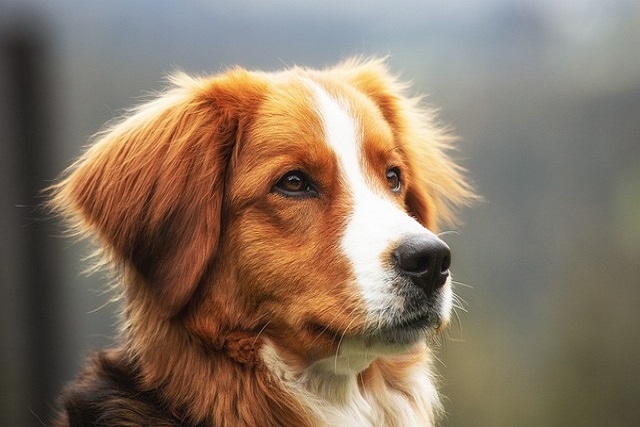
Watching the dog constantly make bowel movements in the corner, with its face blushing but unable to expel feces, its uncomfortable appearance is heart wrenching.
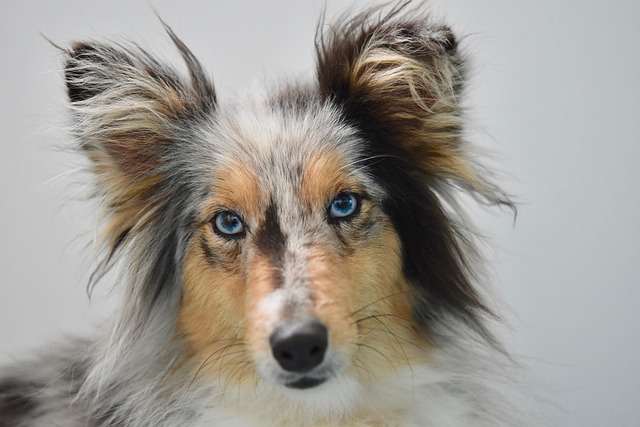
Watching the dog suffering and restless due to constipation, frequently making the defecation posture but having difficulty in defecating,